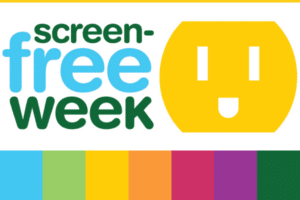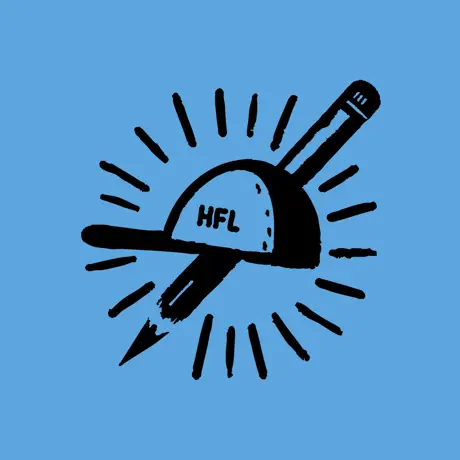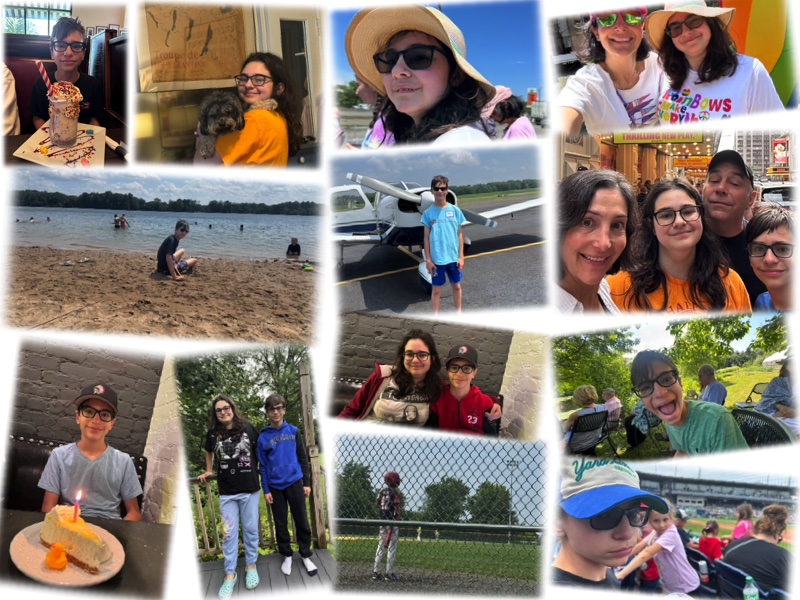When I was in sixth grade, my homeroom and math teacher, Mrs. Schultz, offered a challenge:
One week without television. A screen-free week. If you could spend an entire week without watching TV, she would award you an A as an additional test grade in her grade book.
This was 1982 when the only screen in my life – or anyone’s life – was the television screen. It was also a time when television was appointment viewing. If I missed an episode of “Cheers” or “Newhart” or “The A-Team,” I might never see that episode again.
An extra test grade would hardly be worth the effort.
Then Mrs. Shultz said, “Of course, none of you will be able to pull it off.”
Smart lady. I didn’t care about the test grade, but if you want to convince me to do something, tell me I can’t. I will run through walls to prove someone wrong, particularly if the person is an authority figure.
I wasn’t going to avoid television for a week. I was going to stop watching for two weeks.
There was one caveat to her challenge:
I was allowed to watch the news. As much as I wanted. Whenever I wanted.
“The news?” I thought. “Who wants to watch the news?”
I had no intention of watching that boring nonsense.
But on the second day of the challenge, already feeling the pain of missing out on my favorite television shows, I turned on the news for the first time in my life. I was an early riser, even back then, so around 5:00 in the morning, I turned on WBEZ in Boston and watched my very first newscast.
By the end of the first week, I was hooked.
At the time, the Tylenol murders gripped the nation, and I followed the story every day. The mid-term elections were approaching, and I was learning about the Senate, the House of Representatives, Democrats, and Republicans for the first time. The United States was in recession. Unemployment was soaring. The Vietnam Veterans Memorial was scheduled to open on The Mall and was getting constant coverage.
Other things, too, I’m sure. Events I can’t recall today but meant a lot to me back then.
I started following the news for the first time that week and have never stopped. I became engrossed in the national and world events, and I began to see how the decisions of others were impacting my life. I began to see the news as one big, all-encompassing story – an interlocking series of events that changed the world almost daily.
Most importantly, I was in that story. I was a character in the events taking place around me.
I began reading our daily newspaper. Stealing magazines from dentists’ and doctors’ offices. Turning on AM radio when I was in the car. Before long, I began writing political cartoons. My essay topics shifted from the awfulness of the Friday pizza to Thatcher’s handling of the Falkland Islands War. I found myself debating Reagonomics at the dinner table with my stepfather. I was confused about why so many friends didn’t know names like Tip O’Neill, Bob Dole, Richard Byrd, Wiliam Renquist, and Sanda Day O’Connor.
That simple challenge – stop watching television for a week – transformed me into a citizen of my state, my country, and the world.
It changed my life forever.
I’ve reconnected with many of the teachers and principals of my childhood who made a difference in my life, but I’ve never been able to find Mrs. Shultz to thank her for this and so many other small acts of kindness that I still remember today.
I hope she knows how much her former students appreciate her.
As a teacher, she offered me an important lesson:
You never know what will make a difference in a student’s life. You’ll never know what collection of words will turn a life in a new and positive way. So, keep talking. Reaching out. Connecting. Challenging. Fill your students’ lives with as much knowledge, wisdom, and opportunity as possible, knowing that much will be forgotten, but one tiny decision might change their lives forever.










